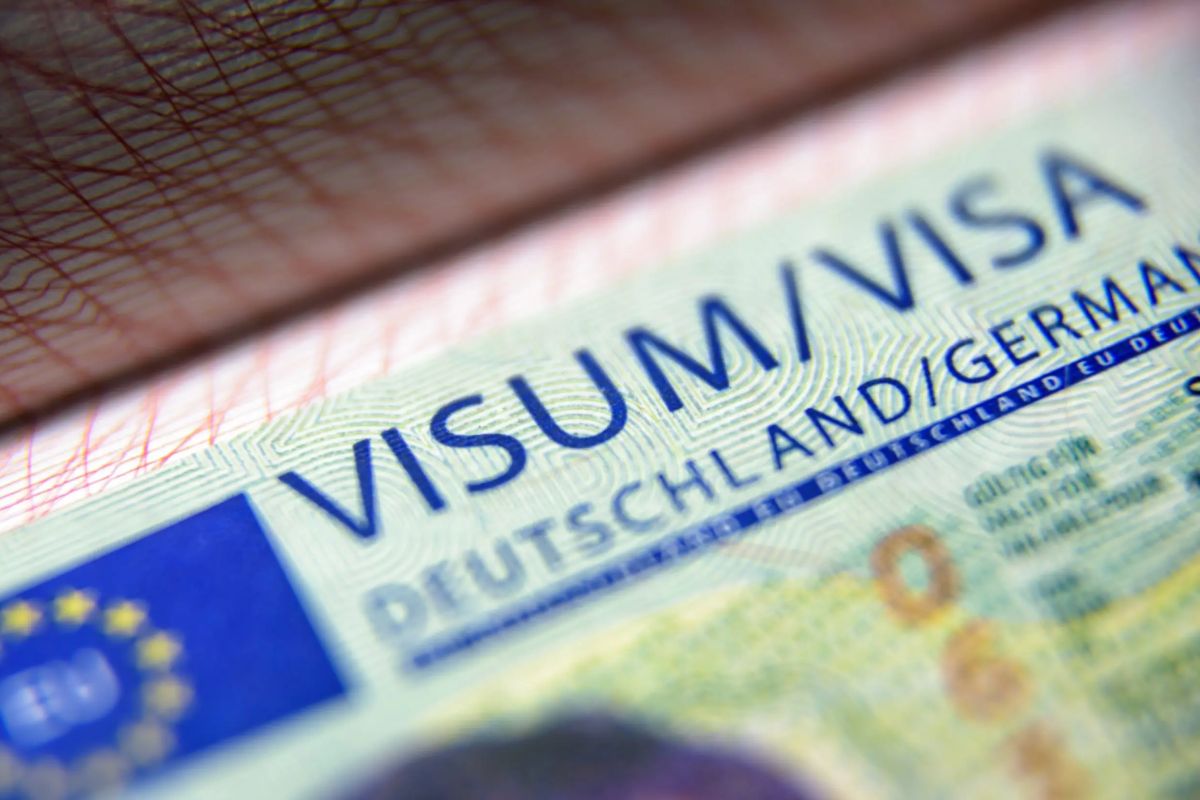Germany is a popular destination for international students, thanks to its esteemed universities, affordable tuition, and diverse culture. For non-EU/EEA students, obtaining a student visa is essential, especially given the recent updates to German immigration policies. This guide provides a concise overview of the current visa requirements to ensure a smooth transition into your studies.
Types of German Student Visas
There are three main types of student visas for non-EU/EEA students:
- Student Applicant Visa (Visum zur Studienbewerbung): For those needing to enter Germany to fulfil admission requirements.
- German Student Visa (Visum zu Studienzwecken): For students with confirmed admission to a German university.
- Language Course Visa: For students enrolled in a language course but not yet accepted into a degree program.
Financial Requirements
Students must demonstrate financial support, ensuring they can cover living expenses during their stay. As of 2024, the minimum amount for a blocked account is €11,208 per year, with a monthly limit of €934. This requirement can also be met through sponsorship or recognized scholarships.
Language Proficiency
For programs taught in German, students must provide proof of language proficiency (e.g., TestDaF or DSH). For English-taught programs, tests like IELTS or TOEFL are accepted, with minimum scores set by individual universities. Conditional admission may be offered to those needing additional language preparation.
Health Insurance
Health insurance is mandatory for all students in Germany. Most under 30 can register with public health insurance after arrival, but proof of private health insurance must be provided when applying for the visa. Ensure compliance with coverage requirements.
Required Documents
To apply for a German student visa, you’ll typically need:
- A completed visa application form.
- A valid passport with at least two blank pages.
- Proof of university admission.
- Evidence of financial resources.
- Language proficiency certificates (if necessary).
- Health insurance proof.
- Biometric passport photos.
- Proof of residence in Germany.
Processing Times and Visa Validity
Processing times vary between six to twelve weeks, so apply early. The student visa allows entry into Germany; upon arrival, students must register and obtain a residence permit, usually valid for two years and renewable based on enrollment.
Post-Study Work Opportunities
After graduation, international students can stay in Germany for post-study work, enhancing the value of their education experience.

